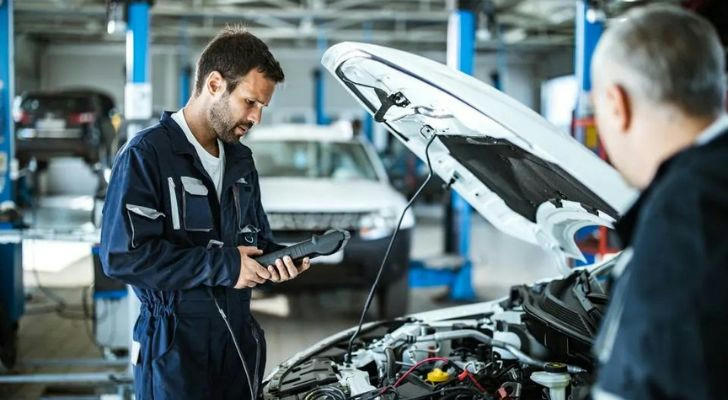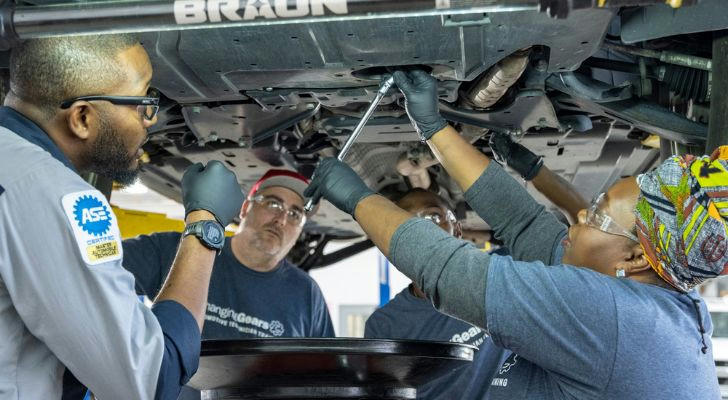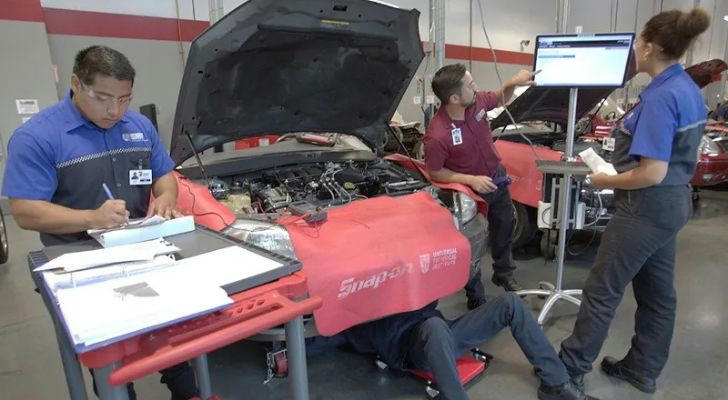From Zero to Skilled: Learning the Basics of Auto Repair
Automotive repair is a foundational skill that supports the transportation infrastructure across the United States. As vehicles become more complex, the demand for knowledgeable technicians grows. This article provides an overview of the auto repair field, including career prospects, essential skills, training pathways, and industry trends.

Understanding the Role of an Automotive Technician
Automotive technicians are responsible for diagnosing, maintaining, and repairing vehicles. Their work ensures that cars operate safely and efficiently. Key responsibilities include:
- Conducting routine maintenance, such as oil changes and tire rotations
- Diagnosing mechanical and electrical issues
- Repairing or replacing faulty components
- Using diagnostic tools to assess vehicle performance
- Staying updated with evolving automotive technologies
Technicians often specialize in areas like engine repair, brake systems, or electronic diagnostics.
Employment Outlook
According to the U.S. Bureau of Labor Statistics, employment for automotive service technicians and mechanics is projected to grow 3% from 2023 to 2033, aligning with the average growth rate for all occupations. Approximately 67,800 job openings are expected annually, primarily due to the need to replace workers who retire or transition to other roles.
The increasing complexity of vehicles and the longevity of cars on the road contribute to sustained demand for skilled technicians.
Salary Expectations
As of May 2024, the median annual wage for automotive service technicians and mechanics was $49,670. Earnings can vary based on experience, location, and specialization:
- The lowest 10% earned less than $33,660
- The highest 10% earned more than $80,850
In Delaware, for example, the average hourly wage for automotive mechanics was $26.83, with reported overtime earnings of approximately $5,712 per year.
Training and Certification
Becoming a proficient automotive technician typically involves a combination of education and hands-on experience. Most employers prefer candidates who have completed a postsecondary training program in automotive service technology. These programs cover topics such as engine repair, electronics, and diagnostics.
Certification from the National Institute for Automotive Service Excellence (ASE) is often required. ASE certification demonstrates a technician's competence and commitment to the profession.

Essential Skills and Tools
Successful automotive technicians possess a blend of technical knowledge and practical skills:
- Mechanical Aptitude: Understanding how vehicle systems operate
- Problem-Solving Skills: Diagnosing issues accurately
- Attention to Detail: Ensuring repairs meet safety standards
- Technical Proficiency: Using diagnostic equipment and tools effectively
Familiarity with tools such as OBD2 scanners and multimeters is essential. Staying current with emerging technologies, including electric and hybrid vehicles, is also important.
Industry Trends
The automotive repair industry is experiencing several notable trends:
- Technological Advancements: Modern vehicles are equipped with complex electronic systems, requiring technicians to adapt to new diagnostic methods.
- Workforce Shortages: A shortage of qualified technicians has led to increased demand for skilled workers. Factors contributing to this shortage include retirements and a decline in new entrants to the field.
- Extended Vehicle Lifespans: As vehicles remain on the road longer, the need for maintenance and repair services grows.
These trends underscore the importance of continuous learning and adaptability in the automotive repair profession.
Career Advancement Opportunities
Experienced automotive technicians may pursue various advancement paths:
- Specialization: Focusing on areas such as transmission repair or advanced diagnostics
- Supervisory Roles: Leading teams of technicians or managing service departments
- Entrepreneurship: Establishing independent repair shops
- Education and Training: Teaching the next generation of technicians
Continued education and certification can enhance career prospects and open doors to higher-paying positions.

Conclusion
Embarking on a career in automotive repair offers a pathway to a stable and rewarding profession. With the right training, certification, and dedication, individuals can develop the skills necessary to succeed in this dynamic field. As the automotive industry evolves, technicians who embrace lifelong learning will be well-positioned to meet the challenges and opportunities ahead.
